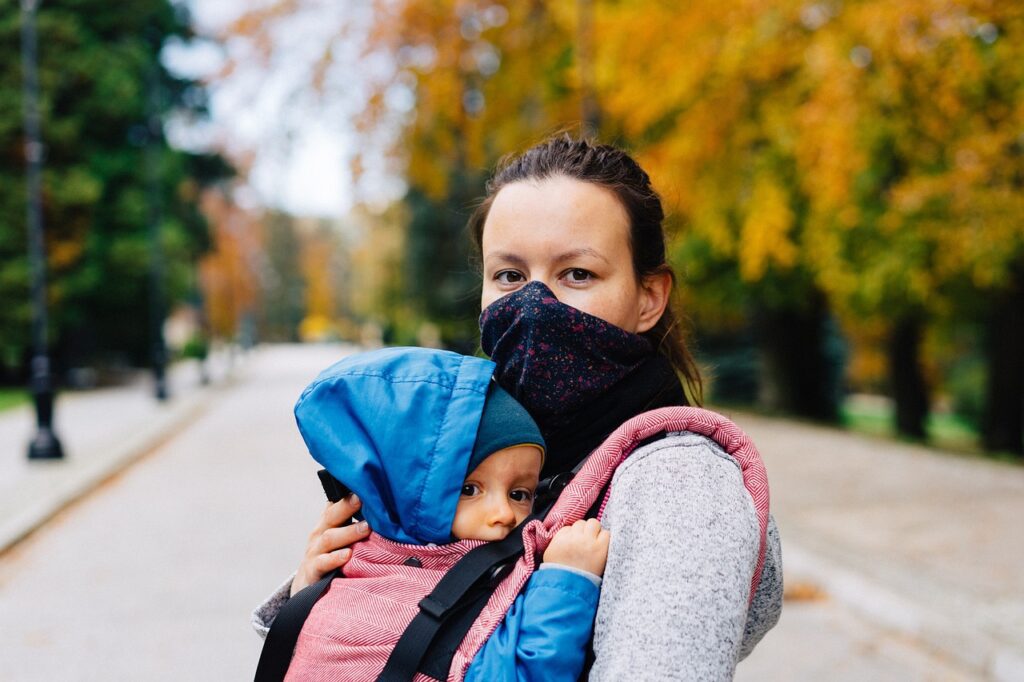Travelling with children for the first time can be a daunting experience for any parent. The energy of investigating new objections is in many cases joined by the tension of overseeing kids out and about. In any case, with the right preparation and a small bunch of pragmatic tips, your family experience can be a smooth and paramount experience. In this thorough aide, we’ll investigate the critical techniques to guarantee your first-time family travel goes off easily.
Choosing the Right Destination
When travelling with children for the first time, choosing the proper place is critical. It sets the tone for the rest of your journey and may make or ruin it.
- Family-Friendly Destinations: Select objections that are known for being family-accommodating. Search for places with attractions and exercises reasonable for youngsters, for example, amusement parks, exhibition halls, and safe sea shores.
- Proximity: Consider the travel time to your destination. Long flights or drives can be exhausting for both children and parents. Choosing a closer destination may be less stressful for everyone involved.
- Cultural Sensitivity: Research the local culture and customs of your chosen destination to ensure it’s child-appropriate. Avoid destinations with significant cultural or political tensions.
Packing Essentials for Your Trip
Pressing for a vacation with kids can be an overwhelming undertaking, however with cautious preparation, you can guarantee you have all that you really want.
- Child Essentials: Pack enough diapers, formula, baby food, and other necessities for newborns and toddlers.
- Clothing: Bring weather-appropriate clothing for all family members, including extra layers and changes of clothes for the little ones.
- Entertainment: Pack entertainment options such as books, toys, and electronic devices to keep children occupied during travel and downtime.
- First Aid Kit: Ensure you have a well-stocked first-aid kit for minor injuries and illnesses. Include any necessary prescription medications.
Travel Documentation and Planning
Proper documentation and planning are vital to a smooth first-time family travel experience.
- Passports and Visas: Check the passport and visa requirements for your desired location ahead of time. Check that all family members’ papers are current.
- Travel Insurance: Put resources into thorough travel protection that covers the whole family. This can be a lifeline in the event of startling crises.
- Itinerary: Create a detailed itinerary with a balance of family-friendly activities and downtime. Having a plan helps you make the most of your trip.
Choosing Accommodations
The right accommodations can make a significant difference in your family’s comfort and enjoyment.
- Family Suites: Opt for family suites or interconnected rooms for more space and convenience. Consider accommodations with kitchen facilities for added flexibility.
- Location: Choose accommodations that are conveniently located near family-friendly attractions and services, reducing the need for long commutes.
- Safety: Ensure that the chosen accommodation is childproof and meets safety standards. Ask about safety measures like window locks and baby gates.
Travelling Comfortably
The journey itself can be a challenging part of family travel. Here are a few hints for a more agreeable outing
- Snacks and Water: Always carry a supply of snacks and water to keep kids nourished and hydrated during travel.
- Entertainment: Bring a variety of entertainment options like coloring books, movies, and games to keep children engaged during long journeys.
- Comfort Items: Let your children bring their comfort items, such as a favorite stuffed animal or blanket, for added security during travel.
- Rest Stops: Plan regular rest stops during long car trips to allow children to stretch their legs and use the restroom.
Dealing with Jet Lag
Travelling across time zones can disrupt sleep schedules and cause jet lag, which can be challenging with children.
- Gradual Adjustment: If possible, gradually adjust your child’s sleep schedule a few days before the trip to help them adapt more easily to the new time zone.
- Sunlight Exposure: Encourage your children to spend time outdoors during daylight hours to help reset their internal clocks.
- Stick to Routine: Maintain your child’s regular routines as closely as possible, including meal and nap times, to minimize the effects of jet lag.
Safety Precautions
Ensuring the safety of your children is a top priority while travelling.
- Child Identification: Have a recent photo of each child and make sure they have identification bracelets or cards with your contact information.
- Health Precautions: Research potential health risks at your destination and take appropriate precautions, such as vaccinations and mosquito protection.
- Emergency Contact: Know the local emergency numbers and have a list of local medical facilities on hand.
Cultural Sensitivity and Respect
Teaching your children to be respectful and culturally sensitive is essential, especially when travelling to foreign destinations.
- Cultural Education: Brief your children about the local customs and traditions at your destination to help them understand and respect the local culture.
- Language Basics: Teach your children a few basic phrases in the local language, such as greetings and polite expressions.
- Respectful Behavior: Encourage your children to be mindful of their behavior, such as not touching sacred objects or disturbing wildlife.
Managing Mealtime
Mealtimes can be both fun and challenging when travelling with children.
- Local Cuisine: Encourage your children to try local cuisine, but also have familiar snacks on hand in case they’re not keen on the local flavors.
- Dining Out: Choose family-friendly restaurants with child menus or high chairs. Plan for early meal times to avoid crowded establishments.
- Allergies: If your child has allergies, communicate them clearly to restaurant staff to ensure safe dining.
Handling Travel Challenges
Travel rarely goes entirely as planned, and being prepared for challenges is essential.
- Flexibility: Embrace flexibility and adapt to unexpected changes or delays. Children often take their cues from parents, so stay calm and positive.
- Lost Items: Keep a checklist of essential items and double-check your belongings before leaving hotels and other venues.
- Health Issues: Be prepared for minor illnesses and injuries by having a well-stocked first-aid kit and knowing where to find medical help if needed.
Enjoying Quality Family Time
Amidst the logistics and planning, don’t forget to enjoy quality family time.
- Unplugged Time: Allocate some time for technology-free activities like hiking, beach combing, or board games to strengthen family bonds.
- Share Responsibilities: Share parenting responsibilities with your travel partner so that both of you can enjoy the trip.
- Document Memories: Capture the special moments through photographs and journaling to create lasting memories.
Conclusion
When well-planned and implemented, travelling with children for the first time may be a pleasant experience. You can assure a wonderful and stress-free family journey by selecting the proper place, packing intelligently, and following the suggestions and tactics provided in this article. With proper planning, your family will treasure the shared experiences and look forward to more exciting adventures together in the future.
I’m Djavan Dias, or DJ for short. I’ve swapped corporate life for endless adventures, sharing travel tips and insights on Premier Wanderlust. Dive into a world of smart travel and unforgettable experiences with me!

